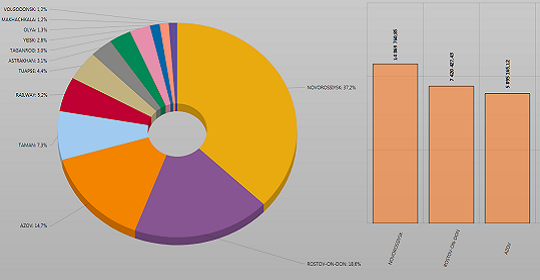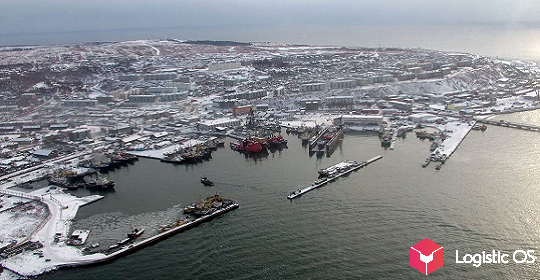On March 31, a meeting of the Ministry of Agriculture with representatives of the Russian Oil and Fat Union and manufacturing companies was held. Steps were discussed that would help expand exports.
It is noteworthy that such meetings have already been held in the fields of grain, meat and finished products.
The presence of foreign attachés is very important, because it is they who are entrusted with the function of assisting in every possible way the entry of Russian products to foreign markets.
The meeting on March 31, which was held by Deputy Minister of Agriculture of the Russian Federation Sergey Levin, was attended by 40 attachés from 38 countries.
In general, in 2022, despite all the difficulties that have arisen, the volume of exports of oil and fat products from Russia increased by about 25%, including sunflower oil — by 18%, soybean oil — by 45%.
But this is far from the limit of the sector’s capabilities, experts noted. There is potential for further development.
Which countries buy Russian products?
There are many such countries. These are China, and Turkey, and India, as well as Iran and Egypt.
Due to the changing international situation, it is necessary to quickly master new directions, so it is quite possible to enter new markets.
What can attaches help with?
Russian entrepreneurs drew attention to several problems that could well be resolved with the participation of an attaché.
Firstly, this is prompt informing about changes in regulations.
If Russian companies are aware of all the changes, this will help them quickly adapt to them.
Second, help with finding reliable counterparties.
To do business with another country, Russian companies need to find a partner for transactions, and this is not always easy to do.
Thirdly, we need to work together to remove various administrative and other barriers, including tariff ones.
For example, this year the Republic of Korea canceled import duties on soybean oil, which allowed it to import products worth $2.7 billion.
Currently, work is underway to open the Chinese market for the unhindered supply of Russian meal and cake.
Often, the help of an attaché is also required to solve problems with transactions. In the same China, it is planned to connect Russian companies to the CIFER system.
In addition, it is planned to increase cooperation in the areas of certification and phytosanitary control.
All this together should speed up and simplify the export of Russian agricultural products, thereby creating opportunities for expanding exports.

